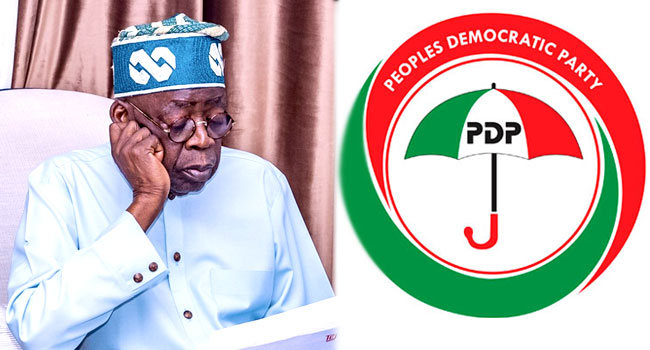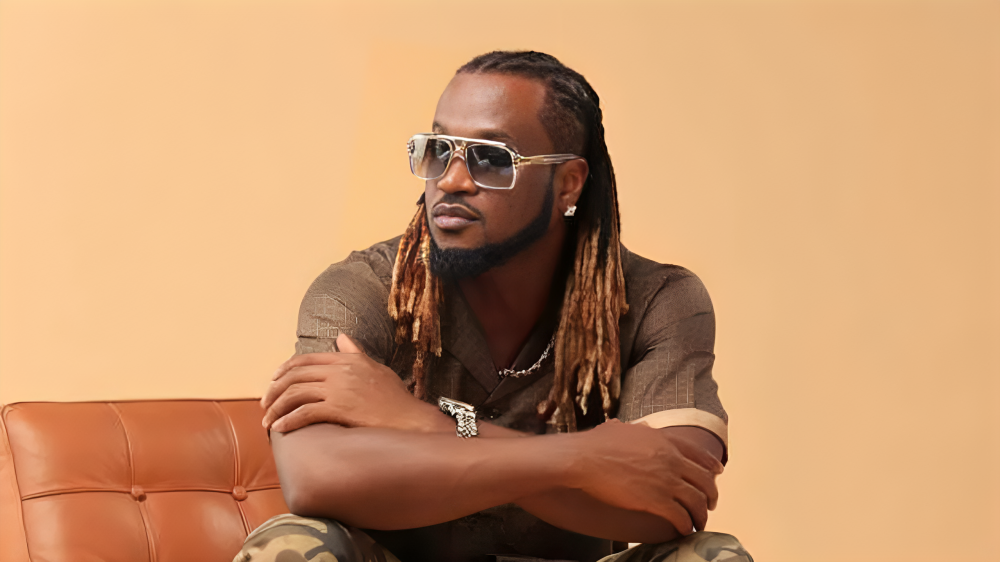Why Chimamanda Adichie Is Right About Mother Tongue and Identity
Acclaimed Nigerian author Chimamanda Ngozi Adichie has once again stirred vital conversation, this time, about language, culture, and identity.
Responding to Big Brother Naija star Erica Nlewedim’s public admission that she cannot speak her native Igbo language fluently, Adichie issued a bold and necessary reminder to Igbo parents both in Nigeria and abroad:
“Dear Igbo parents, prioritize teaching your children their native language first. It builds their self-confidence. Don’t teach them English or French first. It’s shameful to see Igbo children outside Nigeria who cannot speak Igbo fluently.”
Adichie’s comments have sparked widespread discussion, and rightly so. In a world where global languages dominate education and entertainment, indigenous tongues are fading into silence. Her plea is more than cultural pride; it's a warning against cultural erasure.
on Why Mother Tongue Comes First, since:
Language is Identity
Language is more than communication, it’s identity, memory, and belonging. When a child grows up speaking Igbo, Yoruba, Hausa, or any indigenous language, they grow up rooted. They carry the wisdom of their ancestors in their tongue. They understand who they are before the world tells them otherwise.
Confidence Begins with Belonging
Children who speak their mother tongue naturally feel connected to their heritage. They are less likely to feel shame, inferiority, or detachment from their background. As Adichie rightly said, it *builds their confidence*. It's not just about words, it’s about pride.
English Will Come Anyway
In Nigeria and for those in the diaspora, English or French is unavoidable. From school, television, digital devices, and peers, children will inevitably learn these languages. But the mother tongue? That one needs to be taught intentionally, or it disappears.
The Quiet Disappearance of Culture
There’s a growing trend among Nigerian parents, especially those living abroad, to raise English-only speaking children in the name of “exposure” or “fitting in.” While intentions may be good, the result is generations disconnected from their cultural heritage, unable to speak to their grandparents, understand local proverbs, or participate meaningfully in traditional customs.
When we lose language, we lose history. Proverbs don’t translate neatly. Songs lose their rhythm. Identity becomes watered down. What’s left is a shell of culture, without its voice.
Raising bilingual or even trilingual children is possible and common. The mother tongue doesn’t need to replace English. But it must come first, or at least side-by-side. If we wait too long, it might be too late.
Chimamanda Adichie is right. We must treat our native languages with the urgency they deserve. It's not “just language.” It’s our story, our pride, and our power. Parents, especially Igbo parents, must resist the pressure to prioritize foreign fluency over cultural roots.
Teach them Igbo. Teach them Yoruba. Teach them Hausa. Let them speak it boldly and proudly.
Because when they know where they come from, the world cannot tell them who they are.
11/07/2025, 16:30:31
views 45457
9936







